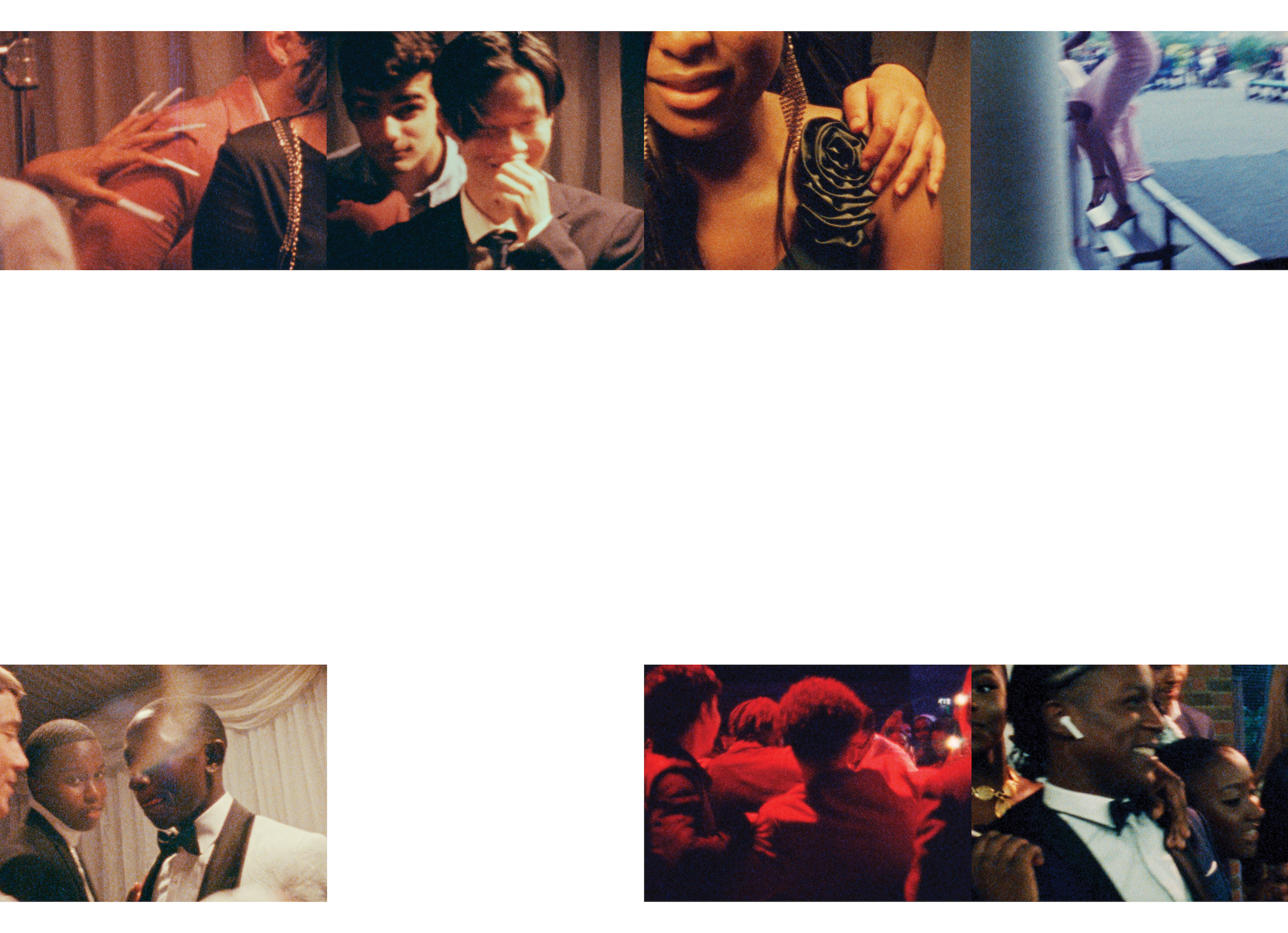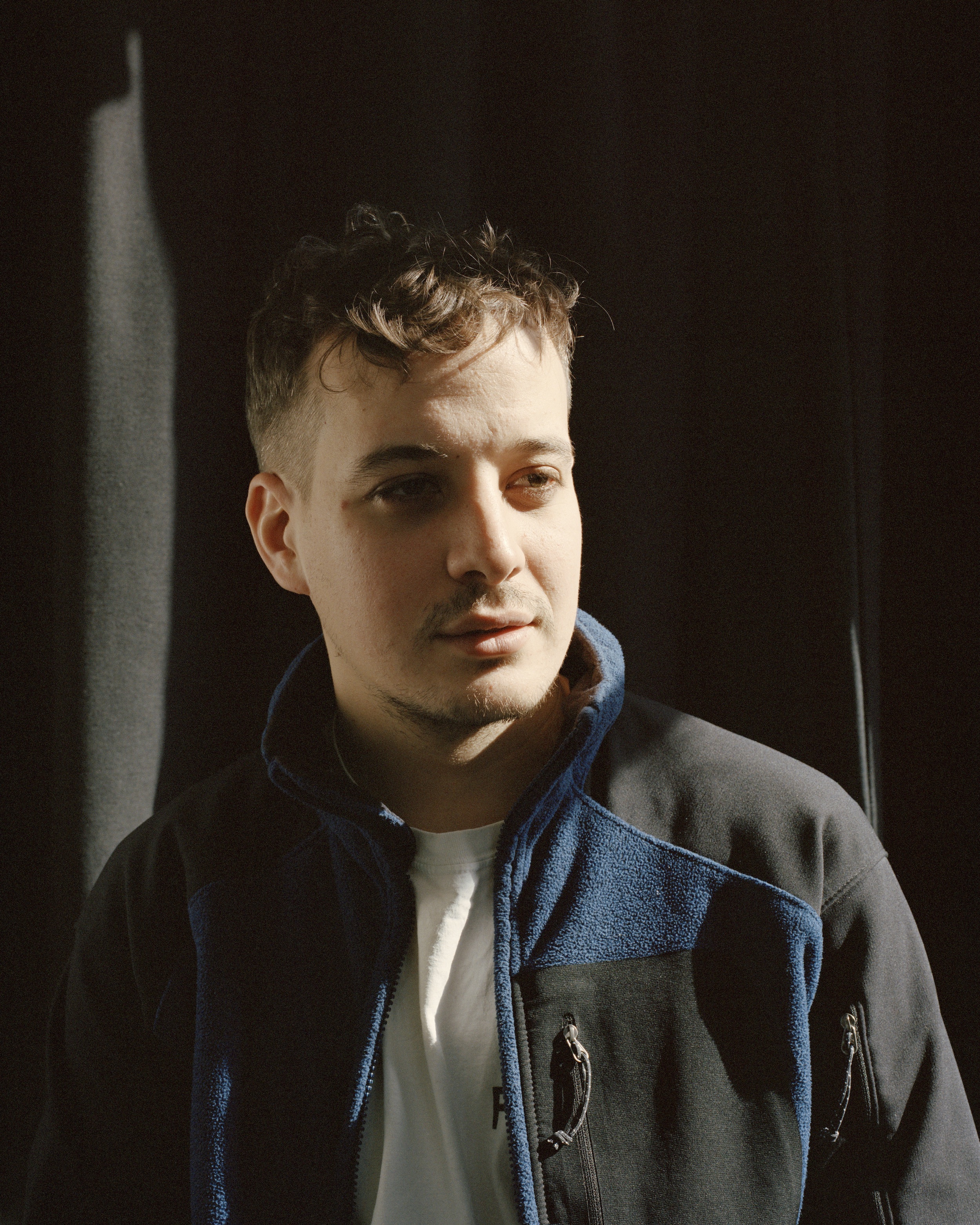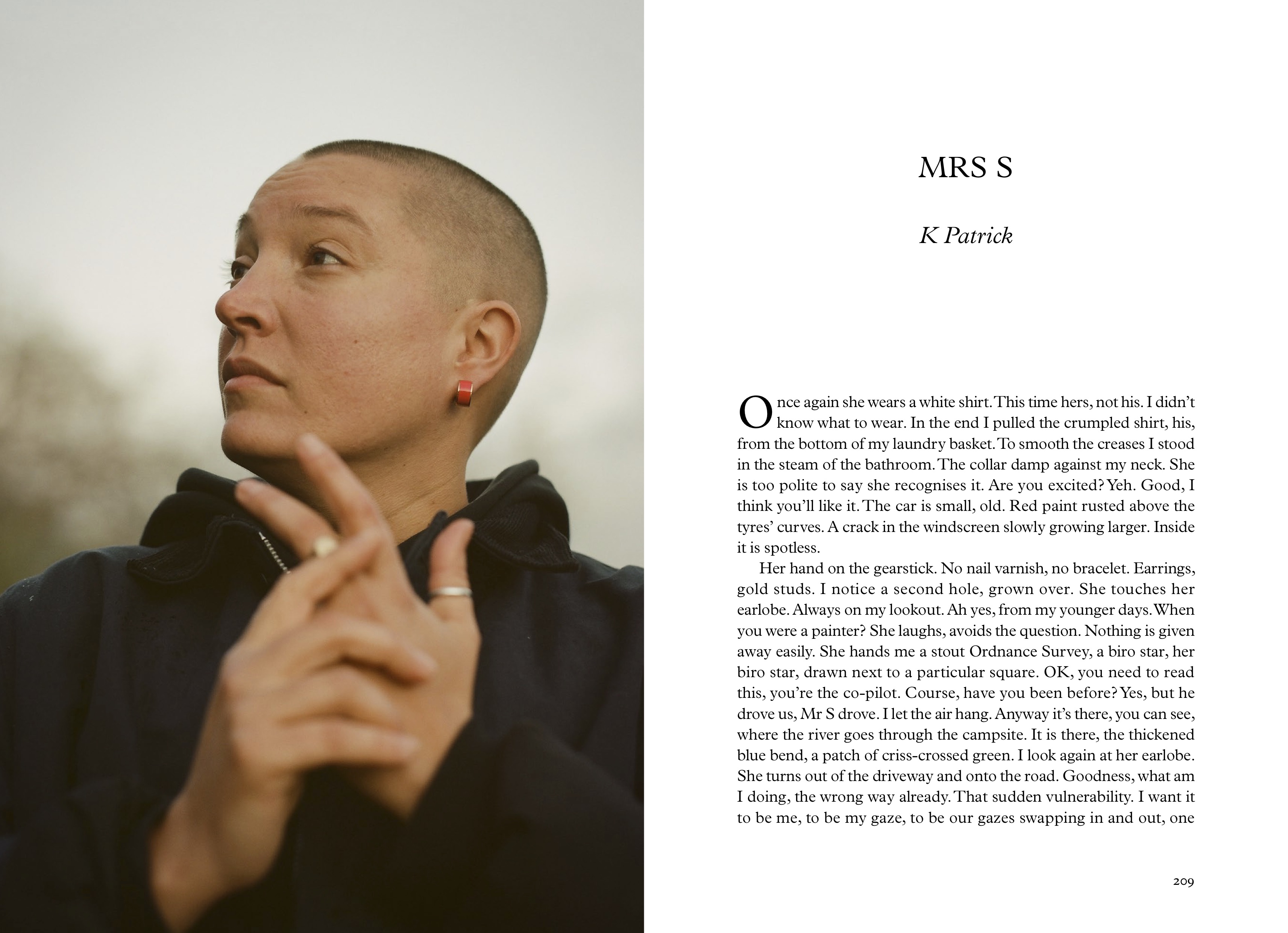K Patrick by Alice Zoo
Where does photography fit into a legacy literary magazine? Max Ferguson talks poets, projects, and the amateur aesthetic
Max Ferguson is a London-based photographer, writer, educator and curator. He is the photography editor of literary magazine Granta, joining the publication in January 2021. Previously, Ferguson worked as a freelance photo editor at the FT Weekend Magazine, where he was mentored by Emma Bowkett.
In 2017, he became the photographic director of Port, working with the likes of Liz Johnson Artur and Jack Davison, and commissioning covers from emerging talents such as Rahim Fortune and Silvana Trevale. Ferguson also runs his own contemporary photography magazine, Splash & Grab, and imprint, Oval Press. He is an active educator, lecturing on photography at UK institutions including London College of Communication.

Is working at Granta different from other editorial positions?
Granta is a literature magazine and writing will always be its main focus. Most other places I’ve worked have relied heavily on commissioning new photography, which is a part of the job I have always loved. At Granta we mostly work with existing photography stories. It’s more about finding ways to present people’s often long-term projects into a magazine feature. We’re very fortunate we can give a story up to 24 pages in the magazine, which is pretty unheard of in other places. Although it’s primarily a text magazine, weirdly, when we work with images, the photography comes first. At other magazines I’ve always looked at ways to illustrate stories with photography. At Granta we are often working to contextualise the photography with writing.
What is Granta’s visual identity when it comes to photography?
We don’t have a considered identity, although I’m sure there is one. I’m more interested in building something that is ethical, supportive and brave. That means we have a lot of conversations about consent and think about the positionality of the photographers. That said, there are visual strands you could pick out – probably somewhere between my taste and that of the other editors. We all seem to be interested in the mood or feeling of photo essays, rather than technical skill, which puts us in an unusual place. Amateurism is the wrong word, as we work with incredible professionals, but these people tend to lean away from the things others might assume make a good photograph.

“We have an incredible team of editors at Granta who bring a vast knowledge of writers, poets, essayists and thinkers to this part of the process”
Could you tell us about one of your most memorable moments so far?
I feel so lucky to have worked with photographers on their projects at Granta. Because we need things to be unpublished, it’s often the first time they have considered their photographs for print, which means we can discuss layouts and think about how the images might sit in sequence. It is my favourite thing to think about. Some memorable collaborations were putting Kaitlin Maxwell together with Lynne Tillman, and Cian Oba-Smith with Gary Younge. Both of these writers bought something very special to the photographs. We’ve recently launched a Best of Young British Novelists issue – which happens every decade – and we commissioned Alice Zoo to make portraits of the 20 selected writers around the UK and Ireland.
How do you match the writer to the photographer, or vice versa?
We have an incredible team of editors at Granta who bring a vast knowledge of writers, poets, essayists and thinkers to this part of the process. We discuss these collaborations at length, thinking about who could bring something new to a body of work. Sometimes a photographer will suggest a dream writer and we try and make it happen, but usually we bring the writer to a project.

